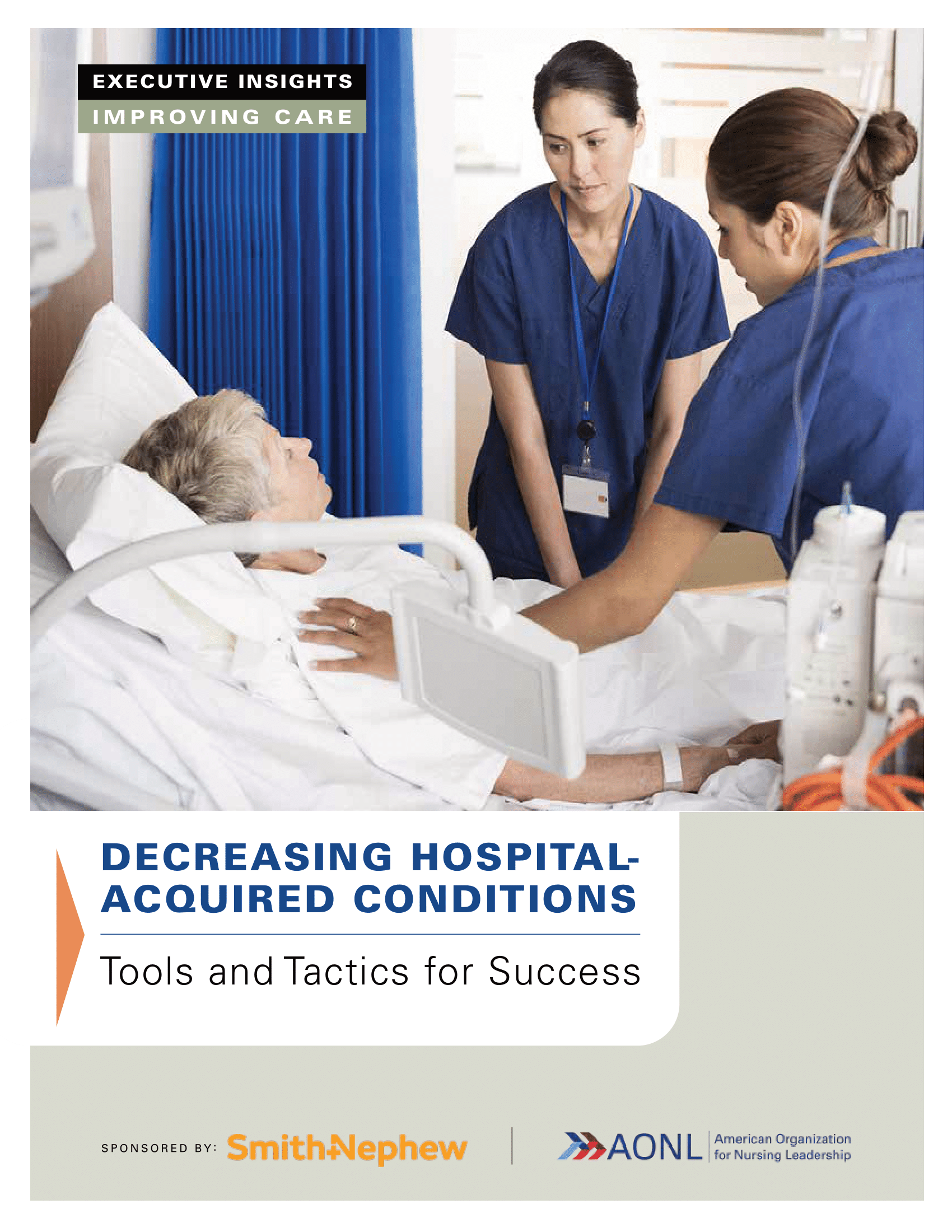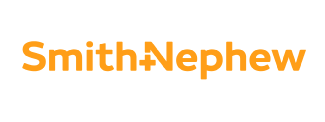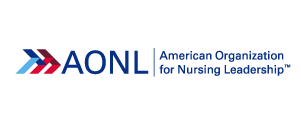
Decreasing Hospital-Acquired Conditions
Tools and Tactics for success
[Sponsored] Nursing leaders prevented hospital-acquired conditions (HACs) during the recent pandemic patient surges with a combination of teamwork, data-driven technologies and enhanced safety protocols. This executive dialogue convened nurse executives to share their insights on developing a strong safety culture that will outlast the pandemic. Leaders also discussed the best ways to win staff buy-in for the new quality initiatives, a must for successful adoption.

This executive dialogue will highlight key findings on:
- Hospital-acquired condition prevention should not fall solely on nurses. During COVID surges, an all-hands-on-deck approach improved outcomes, a teamwork mentality leaders want to keep.
- Most nurse leaders worry about patient falls and pressure injuries.
- Regular safety meetings, checklists and improved accountability measures help reduce HACs.
- Virtual sitters, chair alarms, toilet alarms and automated patient monitoring systems also help to diminish harm. Leaders also found value in artificial intelligence software, used to identify high-risk patients.
- Hidden biases can affect treatment. For example, some clinicians may turn obese patients less than they do others. Data can help reveal these biases.
- Organizations can improve safety culture with a consistent change management process led by C-suite leaders.
Download Executive Dialogue
Decreasing Hospital-Acquired Conditions
Sponsored by


Related Resources
Other Resources
AONL and the American Academy of Ambulatory Care Nursing collaborated to outline how nurse leaders in inpatient and post-acute/outpatient settings…
Sponsored White Papers
[Sponsored] In a recent study of more than 1,200 clinicians, 87 percent say that alarms for non-actionable, irrelevant issues “occur frequently,” a…
Sponsored White Papers
[Sponsored] Whether it’s a local clinic with a team of ten employees or a healthcare system with multiple locations, every healthc
Resources
AONL is committed to safe nurse staffing to ensure quality care and optimal patient experience is delivered throughout our nation.
Other Resources
The Tri-Council for Nursing is deeply disappointed in the resolution passed at the Interim Meeting of the American Medical Association’s (AMA) Hous
Reflections
In 2017 a delegation of nurse leaders traveled abroad, to Israel with the AONL board president an CEO.


